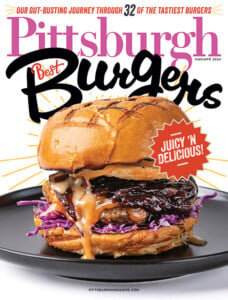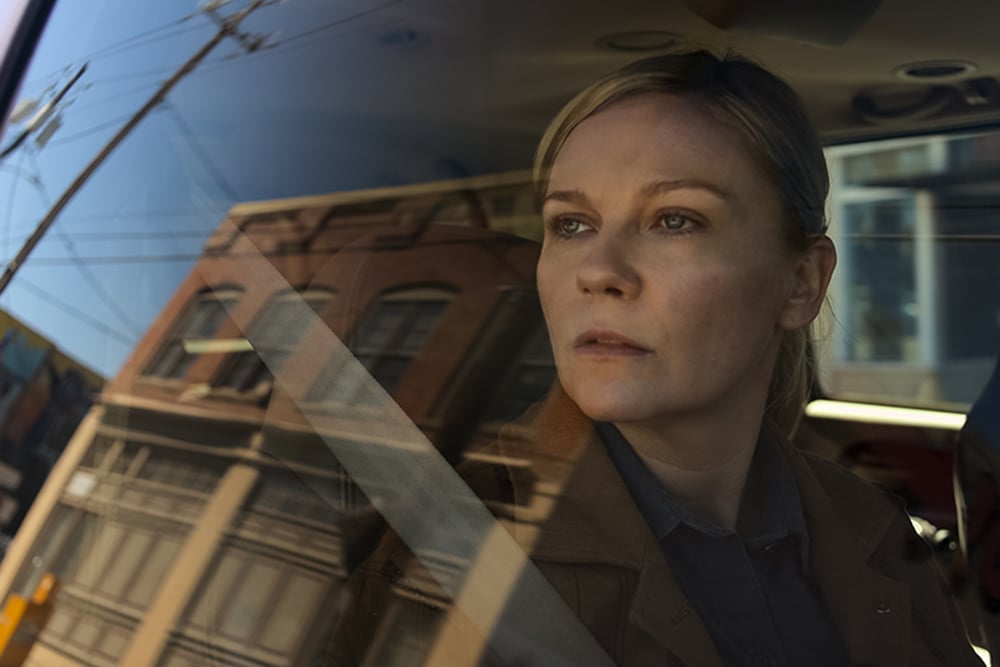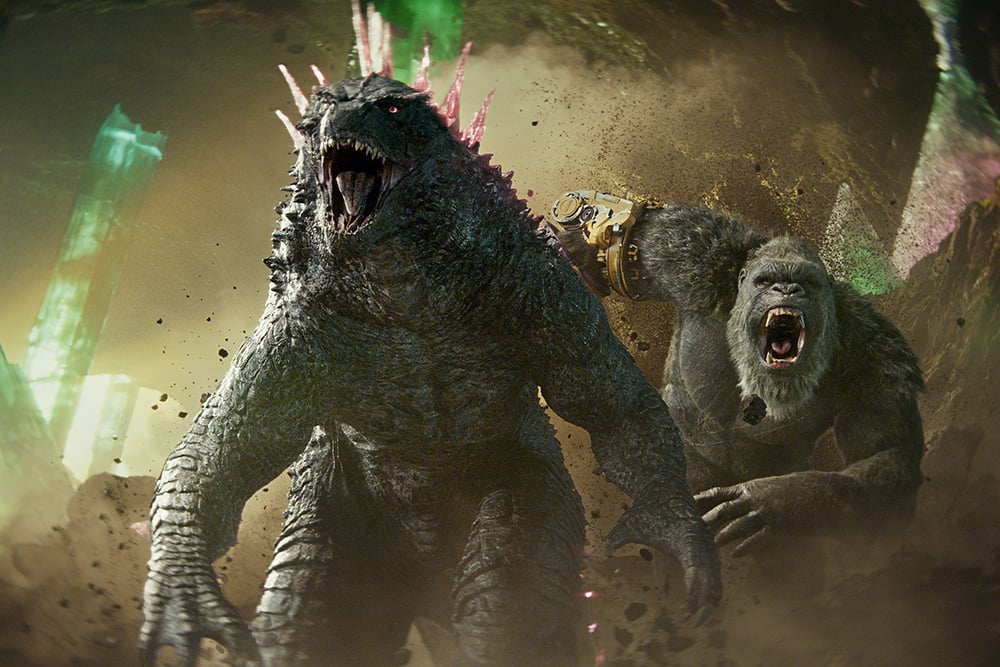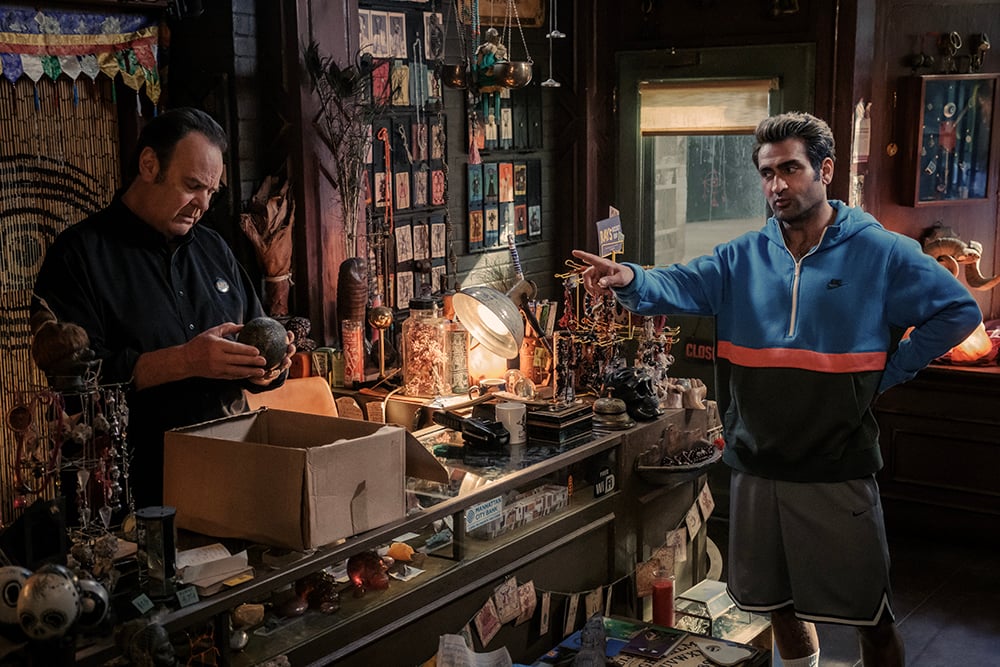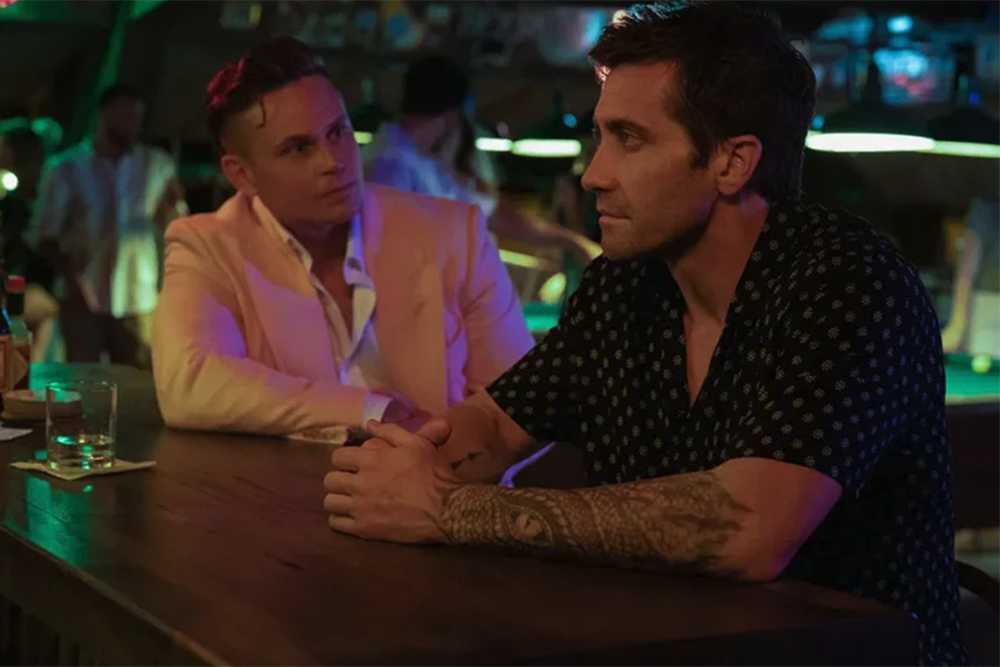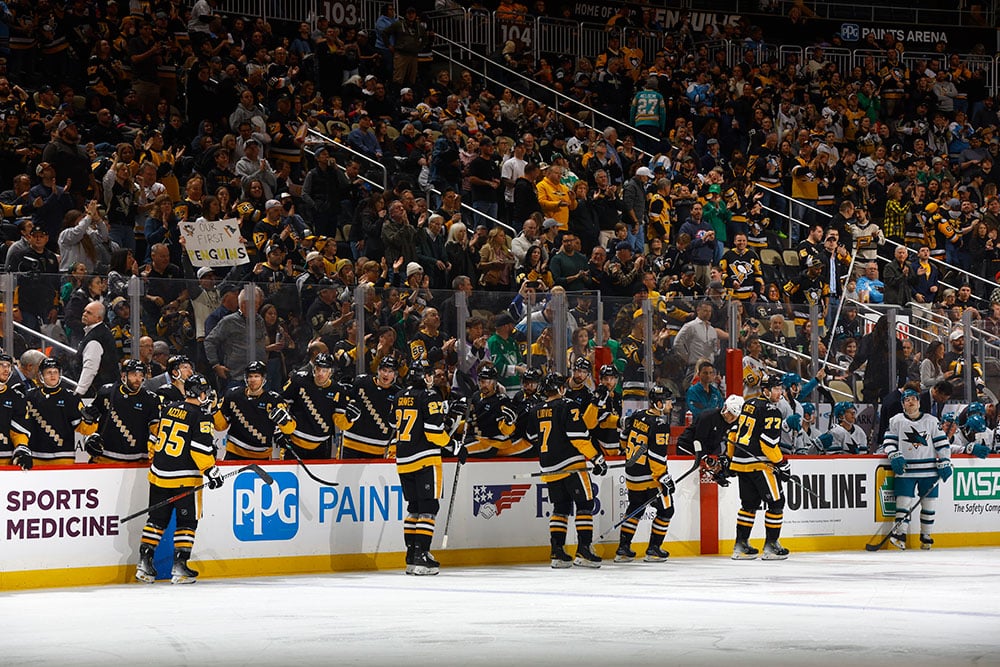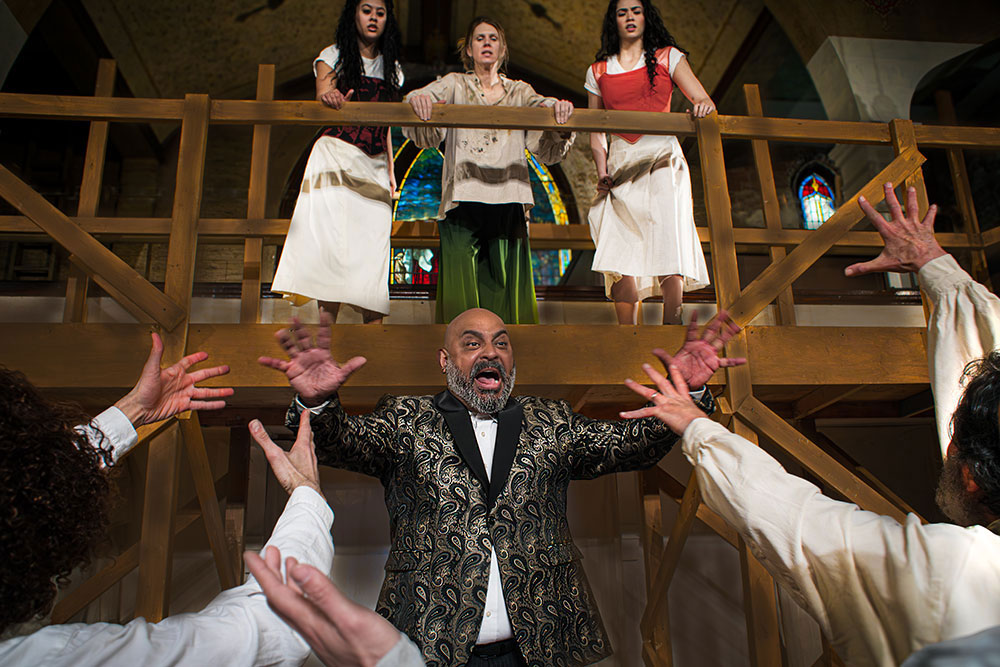Movie Review: The Power of the Dog
This beautiful Western, now playing in theaters and streaming on Netflix, is a masterpiece.
Some have argued that “The Power of the Dog” is more of a family drama than a true western. It’s an argument that I can understand, but I don’t think it’s true; Jane Campion’s film is indeed a western, albeit one that engages in some creative substitution.
Instead of outlaw conflict, “The Power of the Dog” has inexpressible emotion; instead of rugged individualism, it has the ravages of profound loneliness. It’s a western more interested in devastating comments than shootouts, but — from the arching vistas to the hard living — it’s undoubtedly a western.
It’s also a masterpiece.
Attempting to describe the plot is a bit of a challenge, as this is a movie with relatively few turns. Those that are there are the ordinary stuff of life: a marriage, a falling out. It is instead a story that hangs on the volatility of its characters — although they’re tough to describe, too.
Brothers Phil (Benedict Cumberbatch) and George Burbank (Jesse Plemons) are reasonably successful ranch owners in 1920s Montana. The former is a stoic, gruff working-man type, and a bit of a jerk; he mocks and derides his brother, among others. George, meanwhile, is a soft-spoken romantic, making him an ideal match for Rose (Kirsten Dunst), a restaurateur and widow the brothers meet during a cattle drive.
If Phil doesn’t like George, he loathes Rose, whom he imagines is after the family’s money. Rose is rattled by Phil’s distaste, and his animus becomes the source of a deep anxiety — one that spills over onto her head-in-the-clouds son, Peter (Kodi Smit-McPhee).
As this unhappy family attempts to coexist, unlikely and uneasy bonds are formed. In a surface reading, “The Power of the Dog” could be about the slow unveiling of things hidden; I think, though, that would oversimplify it.
There’s no neat summary of the film, and almost no possible summary of the characters. After spending two hours with them, I didn’t feel that I truly understood them. In many cases, that would be a criticism; here, it’s the source of my admiration. These are not one-trait pillars of popcorn entertainment, nor are they distant cyphers of some arthouse fare. These characters are something remarkably like real, living people — the sort of people you can never quite define, no matter how close to them you may be.
Campion, who also adapted the script from a novel by Thomas Savage, has teased the most beguiling and haunting details out of these figures. (Her cast matches her dedication; each performance is brilliant.) She also uses the camera to isolate and amplify them, filling each frame with negative, yet somehow active, space.
It’s unforgettable. “The Power of the Dog” is the best film of the year.
My Rating: 10/10
